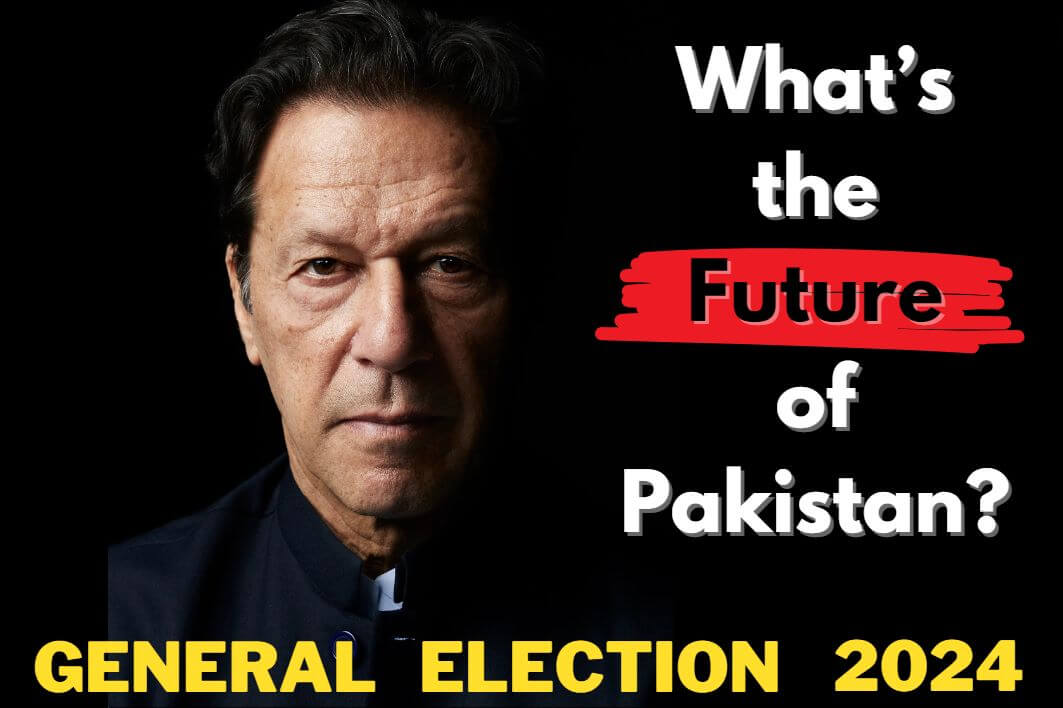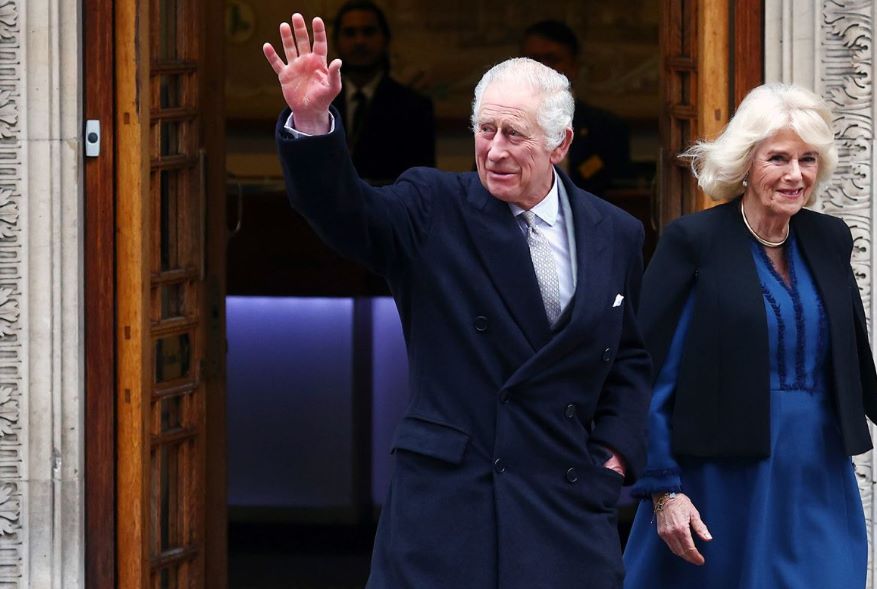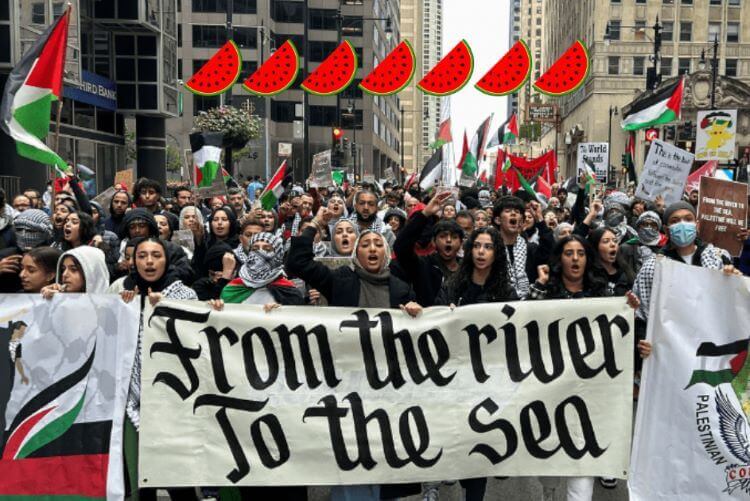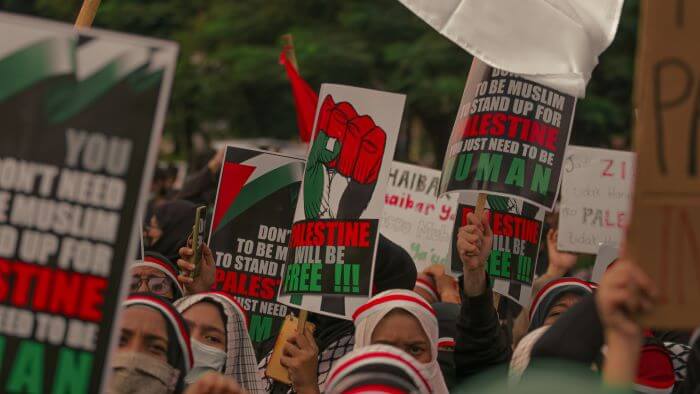
Bombing Gaza Strip Hospital: 75 Years of Killing, Massacre, and Bombing On Palestine
In a world marked by debates and discussions about global dilemmas, there’s one enduring crisis that has persisted for 75 years – the Israel-Palestine conflict. Palestinian problems caused by Israel are a deeply rooted and painful issue that continues to cause disturbance and suffering in the region. At its core, the reality of “Bombing Gaza Strip Hospital” serves as a harsh reminder of a prolonged conflict that has taken countless lives and continues to shape the course of history.
The roots of this unending saga reach back to 1948 with the establishment of the State of Israel, triggering the displacement of hundreds of thousands of Palestinians from their homeland. It was an act of ethnic cleansing that few could have foreseen the magnitude of at the time. Since then, an unceasingly intense cycle of territorial disputes, political tensions, and waves of violence has left scars on generations.
One horrific episode of this ongoing narrative is the recent bombing of the al-Ahli Arab Hospital in Gaza City. As we gathered to address global challenges, we watched in disbelief as Israel escalated its genocidal war against the Palestinian people, causing destruction upon a civilian population seeking medical treatment and refuge. With the Israel-Palestine war going on, the tragedy in Gaza unfolds day by day, leaving innocent lives in its aftermath.
But what fuels this conflict and allows it to persist despite international calls for peace? To understand that, we should touch upon the history to understand the genocide of the Palestinian people by Israel.
History of the Israel-Palestinian Conflict: What Happened Before the Gaza Hospital Blast
In the complex history of the Israel-Palestine conflict, Israel’s actions have frequently taken a devastating toll on Palestinian lives. This timeline of events begins with the division of Palestine in 1948. It traces the continued cycle of brutality, including acts of violence, water supply, and food resource restrictions, and their impacts on the Palestinian population.
1948: The Nakba (Catastrophe)
The establishment of Israel led to the forced displacement of hundreds of thousands of Palestinians in what became known as the Nakba, one of the most violent acts of ethnic cleansing in modern history.
1967: The Six-Day War
Israel captured the West Bank, Gaza Strip, East Jerusalem, and the Golan Heights during the Six-Day War, leading to increased occupation and settlement expansion.
1982: The Sabra and Shatila Massacre
In Lebanon, Israeli forces allowed a massacre of Palestinian refugees to take place in the Sabra and Shatila camps.
2000-2005: Second Intifada and Construction of the Separation Barrier
The Second Intifada and the construction of a separation barrier in the West Bank further increased tensions.
Gaza Siege (2007-Present)
A crippling blockade on Gaza since 2007 has led to severe restrictions on the movement of people and goods, including food and water.
Operation Cast Lead (2008-2009) and Protective Edge (2014)
These military operations resulted in significant Palestinian deaths and widespread destruction in the Gaza Strip.
2018: Gaza Protests
In March 2018, tens of thousands of Palestinians gathered near the Israeli border in the Gaza Strip to protest Israel’s blockade of the enclave. Tragically, during the protests that took place between the end of March and December 2018, at least 189 Palestinians lost their lives, and more than 6,000 sustained injuries.
These are some of the events of history that have contributed to increasing the death toll in Palestine. However, the recent 12 weeks have brought the world’s attention to the dire situation. While there’s no justification for any form of violence, it’s essential to acknowledge the ongoing oppression faced by the Palestinian people. Israel uses the recent attacks by Hamas, which are indefensible, as a reason to intensify their aggression against the Palestinian population and their region.
Humanitarian Crisis in the Gaza Strip
The Gaza Strip, a small territory roughly the size of Detroit, has been facing a severe humanitarian crisis for many years. The situation has deteriorated significantly due to the recent warfare and Israel’s blockade, making life increasingly difficult for its residents.
Israel has imposed a complete siege on the Gaza Strip, cutting off access to electricity, clean water, food, fuel, and medicine. Without fuel, Gaza’s sole power station has gone dark, leading to widespread power outages. Israeli airstrikes have further worsened the crisis by destroying houses, neighborhoods, schools, and mosques. While the Israeli military claims to target weapons storage centers and infrastructure used or occupied by Hamas militants, these attacks have often resulted in numerous civilian deaths.
Gaza Strip’s health system is also on the edge of collapse. Hospitals have to limit fuel reserves and medical supplies, and two major hospitals in northern Gaza are already over their capacity. Hospitals in the southern regions are also overwhelmed. The Israeli energy minister announced that Gaza would not receive electricity, fuel, or water until Hamas releases at least 199 hostages. The situation is dire, and the only concern for many Gazans is their survival.
Moreover, Israel ordered over a million people living in northern Gaza to evacuate to the south within 24 hours on October 13. By October 15, more than half of Gaza’s population was displaced, and their options for refuge were extremely limited.
The humanitarian crisis has reached alarming proportions, with shortages of medical supplies, power, food, water, and essential services in Gaza. Residents face immense challenges due to ongoing oppression and the blockade, leaving them in a state of despair and uncertainty.
Bombing of Gaza Strip Hospital
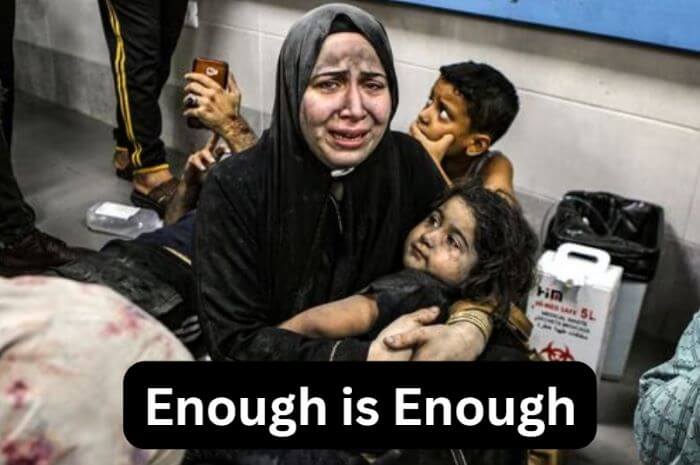
Amid the ongoing crisis in the Gaza Strip, one of the most devastating and heart-wrenching incidents has been the Gaza hospital bombing. This tragic event serves as an example of the larger narrative of suffering and destruction that has marked the history of Palestine.
The death toll from an Israeli attack on al-Ahli Arab hospital has surged, with approximately 500 lives lost, as Israeli airstrikes continue to take a devastating toll on the Palestinian population. This targeted attack on a medical facility emphasizes the urgency of the situation and raises concerns about the violation of international humanitarian law.
The consequences of hospital bombings echo far beyond the immediate destruction. Patients in critical conditions, including newborns, are in dire situations because of damage or exhaustion of essential medical equipment and supplies. Gaza’s health system, which was already fragile, is pushed to the edge, and healthcare providers face unimaginable challenges in providing care to those in need.
Amid this tragic situation, what’s particularly disheartening is Israel’s lack of acknowledgment of responsibility for the events surrounding the hospital bombing. Instead, Israel attributes the blast at the hospital to a failed rocket launch by Islamic Jihad, a group allied with Hamas. This attribution comes even in the face of Israel’s evacuation order for Al-Ahli Hospital and its previous airstrikes on the hospital complex, which collectively suggest that the hospital was indeed a target in Israel’s military operations.
Al-Aqsa Mosque Attacks by Israel
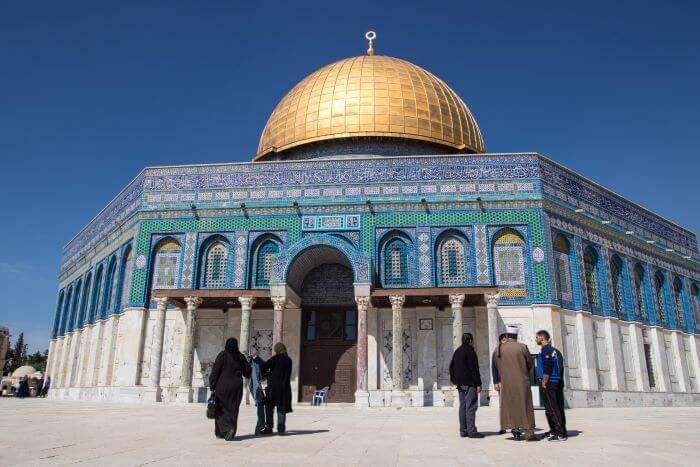
In the shadow of the recent Gaza hospital bombing, it becomes painfully clear that the troubles faced by Palestinians in the occupied territories go far beyond one isolated incident. The Al-Aqsa Mosque, one of Islam’s holiest sites, has witnessed a recurring pattern of disruption, particularly during the holy month of Ramadan.
For many years, Israeli actions near the Al-Aqsa Mosque have made the holy month of Ramadan difficult for Muslims who want to pray and reflect. Tensions and anxiety often arise when Palestinians gather to pray.
The residents have faced difficulties as Israeli security forces placed barriers and imposed restrictions on their ability to worship at Al-Aqsa. These actions have frequently led to clashes, with reports of Israeli police entering the mosque to evict worshippers during Ramadan nights.
These recurring clashes and disruptions in and around Al-Aqsa Mosque are a painful reminder of the challenges Palestinians face in practicing their faith and maintaining their way of life in the midst of ongoing conflict.
International Response to Gaza hospital bombing
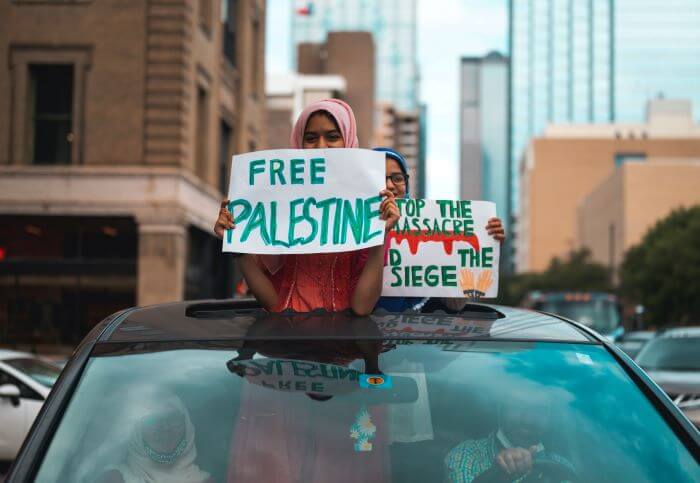
In the aftermath of a catastrophic explosion at al-Ahli Arab Hospital in Gaza City, the world witnessed a profoundly troubling incident that drew shock, condemnation, and growing concern regarding the ongoing Israel-Hamas conflict. This devastating event, in which the hospital suffered a massive explosion, claimed the lives of hundreds of people, left numerous others injured, and grabbed the attention of the entire international community.
- President Joe Biden expressed his outrage and profound sadness over the hospital blast. Nevertheless, Biden’s comments raised questions about the responsible party, as he suggested that the opposing side appeared to carry out the act without directly naming Hamas. Not surprisingly, he also reiterated his support for Israel.
- The Jordanian government announced a three-day mourning period and canceled the summit in Amman, citing the “Israeli massacre” as the primary factor behind the summit’s cancellation. King Abdullah II deemed the hospital blast a “heinous war crime.”
- Iran’s foreign ministry denounced Israel for what it described as a “heinous attack,” and Iran’s Supreme Leader Ayatollah Ali Khamenei held the United States accountable for recent crimes.
- Syrian President Bashar al-Assad described the hospital attack as “one of the most heinous and bloodiest massacres against humanity in the modern era.” Assad attributed responsibility for this tragedy to Western nations, particularly the United States, whom he held accountable for supporting the Israeli entity.
- In his support of Israel, German Chancellor Olaf Scholz initially condemned the “brutal terror” but reaffirmed Israel’s right to self-defense.
Unwavering Support of The United States Angered the World
The point to note here is the unwavering support of Western imperialist powers, primarily the United States, who back Israel’s actions and justify their daily brutal aggression against Palestinians. This includes land theft, destructions, illegal settlements, and the imprisonment and killing of innocent Palestinians. The world must recognize that the Palestinian cause is a matter of national liberation and not one of terrorism as it is often framed.
Pro-Palestinian Rallies after Bombing of Gaza Strip Hospital
Pro-Palestinian rallies have broken out worldwide in response to the bombing of the Gaza Strip Hospital, where protesters are demanding an immediate end to Israel’s extensive bombardment of Gaza. Over nearly two weeks, intense air and artillery attacks have led to significant casualties, with Palestinian authorities reporting more than 4,100 fatalities. While some Western governments have expressed support for Israel’s military campaign, many Muslim states and their citizens are calling for an urgent ceasefire in Gaza, deeply concerned about the humanitarian conditions in the besieged territory and showing solidarity with the Palestinian people. From Jordan to Iraq, Egypt, Turkey, and Qatar, thousands have taken to the streets to express their opposition to the ongoing attacks and to stand with the people of Gaza in their time of need.
People in the US, Australia, and the UK have also turned their attention towards the disturbing situation in Palestine and have left their homes to protest on the streets against Israeli brutality.
Conclusion
The oppression Palestinians face extends beyond land theft and demolitions; it reaches into the daily lives of individuals who have witnessed over seven decades of disturbance and violence. The siege and blockade of Gaza have turned it into an open-air prison for two million Palestinians, with bloody wars, displacement, and the destruction of homes, schools, and hospitals being part of everyday life.
In conclusion, the story of Palestine is one of persistent resistance and the quest for liberation and rights. The Palestinian people need the broadest solidarity from free people worldwide. The fight in Palestine is part of a broader struggle against oppression and imperialism. Hence, we must gather before Israel wipes out entire Palestine and emphasize that the victory of resistance in one region is a triumph for all who believe in justice and freedom.
May we live to see liberty and freedom of Palestine!


